Agustín Fernández Mallo (A Coruña, 1967), author of the renowned The Nocilla Trilogy, came to work in Mallorca as a physicist, on leave for 13 years, and has forged a 30-year career as a writer. With readers all over the world, he considers himself a poet “above all”: “When Newton asked himself why the apple falls and the moon does not, that is clearly a poetic question”.
-What is the story behind La forma de la multitud -The Shape of the Crowd-, winner of the 1st Eugenio Trías Essay Prize?
-It is a work that tries to explain why we humans are always exchanging materials and symbols with our environment and produce things that did not exist before. Why we have created language in order to try to make metaphors in order to create art, science, etc. In another less philosophical aspect, I talk about how the data that we pour into the networks and the Internet are shaping doubles of ourselves and these doubles that are not us -but for practical purposes function as if they were- are making transactions of all kinds, or advertising, without us being aware of it. The market extracts a profit from this. It is what I call our statistical identity, the big data.
-How did this essay come about?
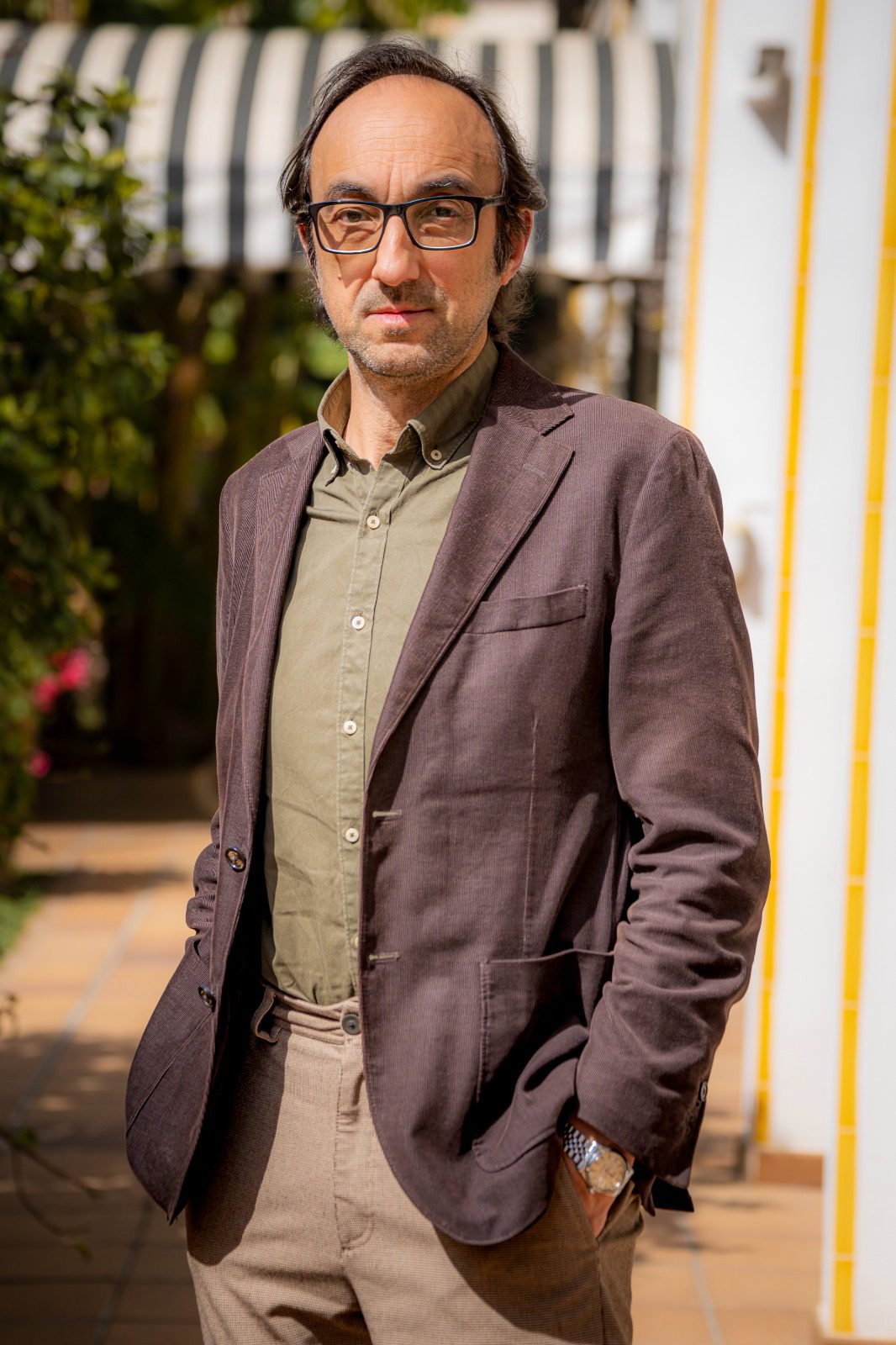
The writer in the gardens of the Hotel Araxa. Photo: Piter Castillo.
-In my previous work, El libro de todos los amores -The book of all loves-, I already started to think about love or the statistical friend. When we give a like on a platform, that’s a metaphor. You fall in love with an avatar, which is the statistical sum of some data that someone has poured, but it is not the person. I am not saying that it is unreal but it is not of the same nature as the one we can have in physical persons. The mistake is in confusing the one with the other, the metaphor with reality.
-What is emocapitalism?
-Capitalism has also seeped into our free time. When we have vacations, we work for others. Emocapitalism feeds the thrill you get from putting likes and getting likes. But that’s to produce money somewhere.
-What are you working on now?
-On the idea I’ve always had, I’ve been thinking about it for 30 years. There is a gap, an infinite hole between what we think and what we experience and our whole life goes into it. We create art, science, magazines, everything, to try to fill that hole that we cannot fill and what makes us human is precisely that hole.
-What is there of Mallorca in your work?
-In the Mediterranean I saw that there was a very nervous and violent cultural vibration: that began to have a great influence on how I wrote with that almost Homeric magnetism, a sea of legend, mythical. In Mallorca there is a very rich cultural legacy from the whole of the 20th century, a singularity of which we are not aware and which is not exploited. The island has influenced me as a cultural landscape. But I hardly interact at all with the literary world here, more with the world of the plastic arts. Nobody pays any attention to Cristóbal Serra – who is our Borges – here. In Mallorca, things are more difficult in literature. There are many writers, like José Carlos Llop, but the Balearic Islands is a place that for some reason produces more plastic arts than literature in general.
-What imprint do you want to leave?
-I aspire to what anyone who creates aspires to, which is to always be modern. Not a classic, a modern. Cervantes, Heraclitus, David Bowie are modern because to each generation they communicate something different.
You can read this and other reports in the spring-summer edition of Mallorca Global Mag, available at newsstands.


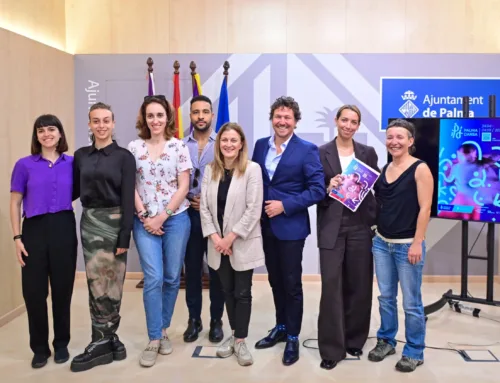
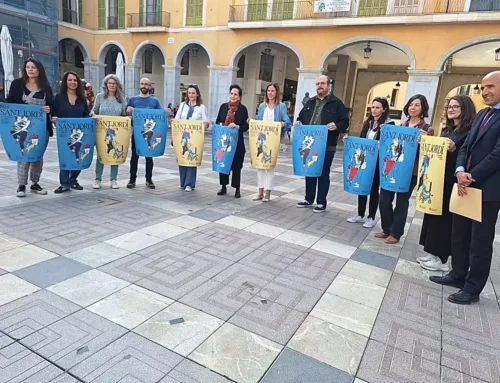
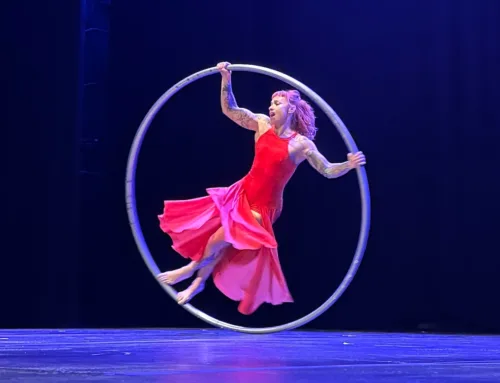
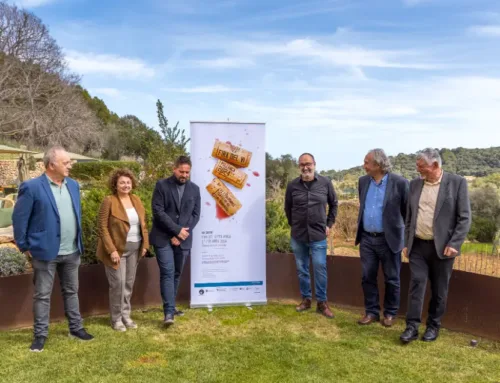

Leave A Comment